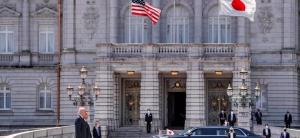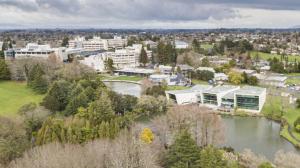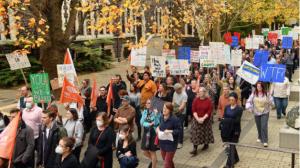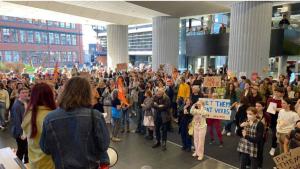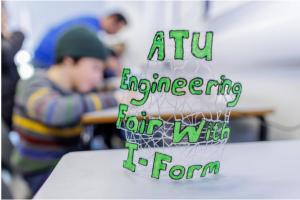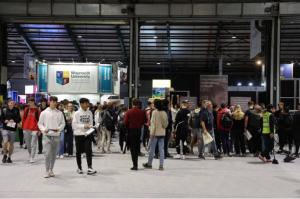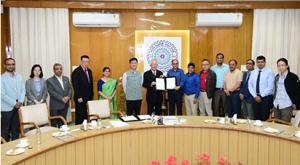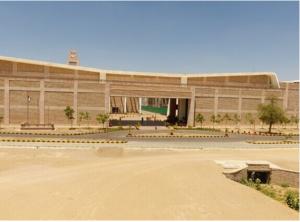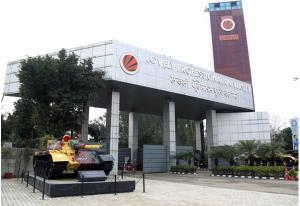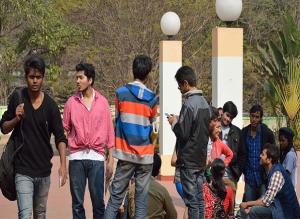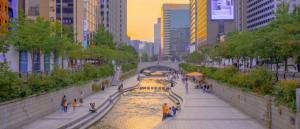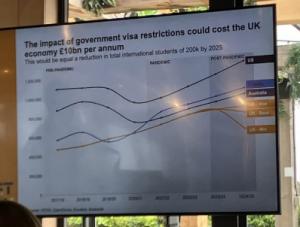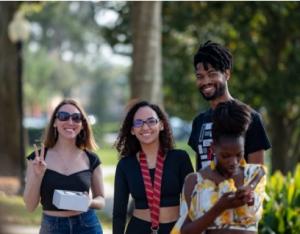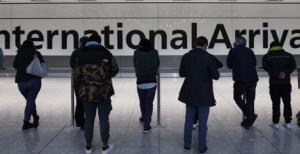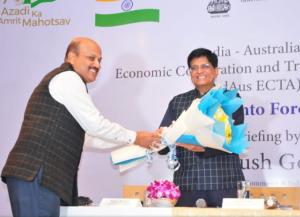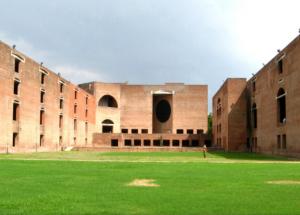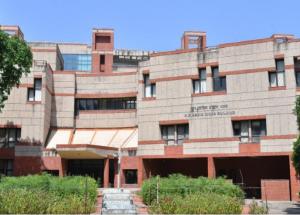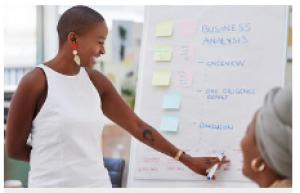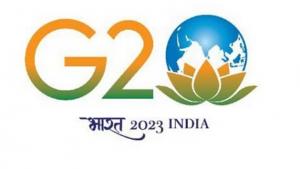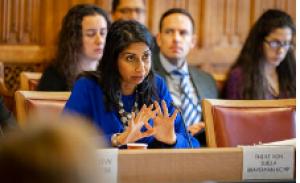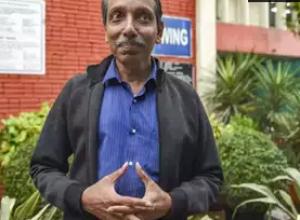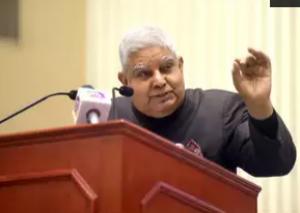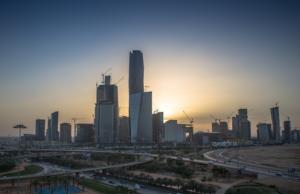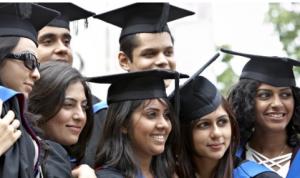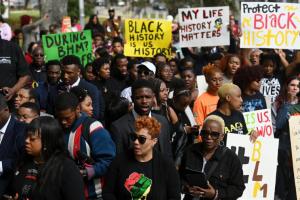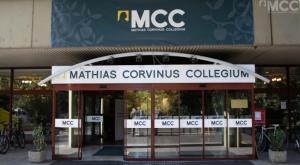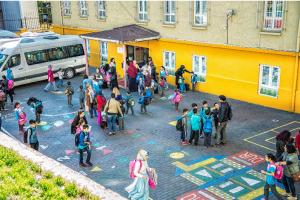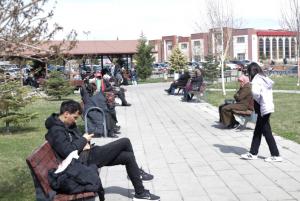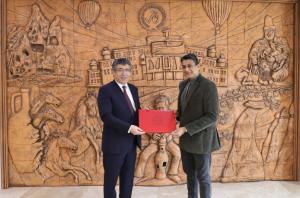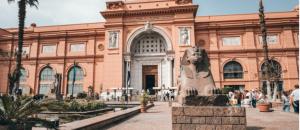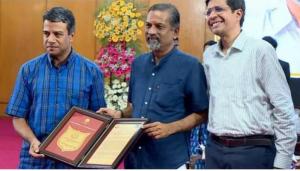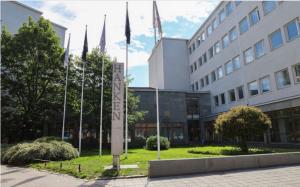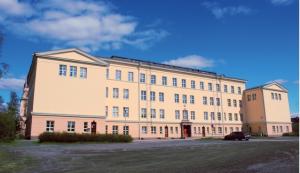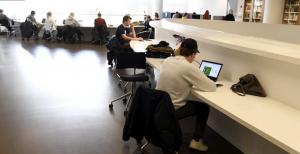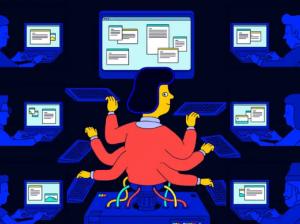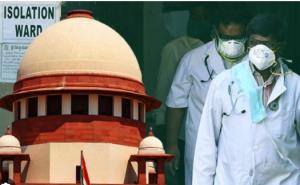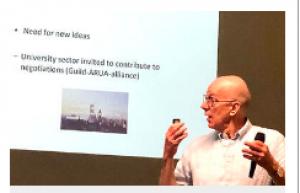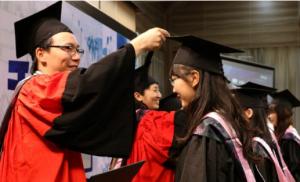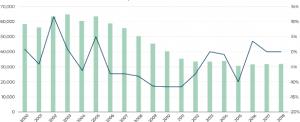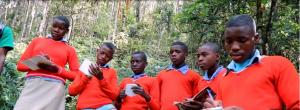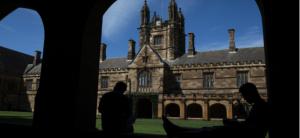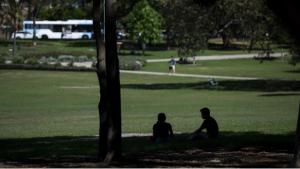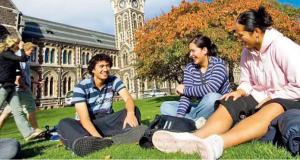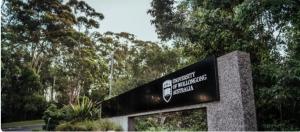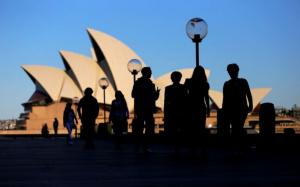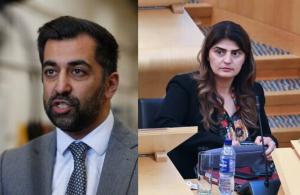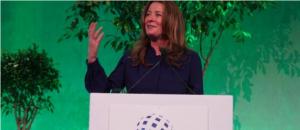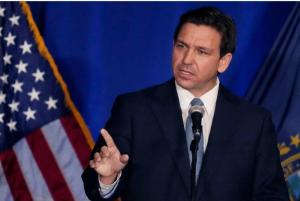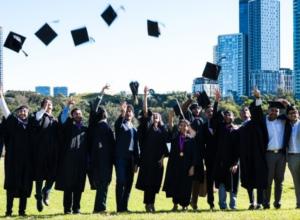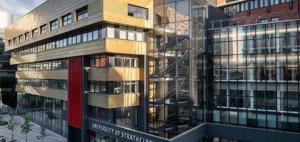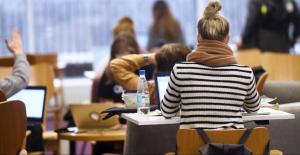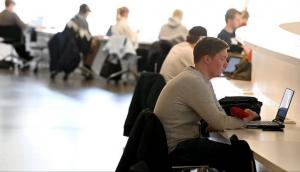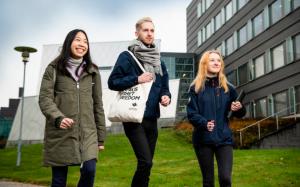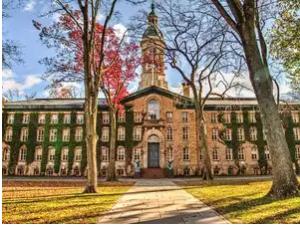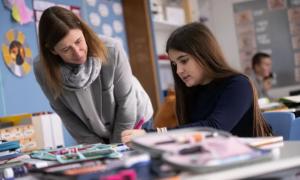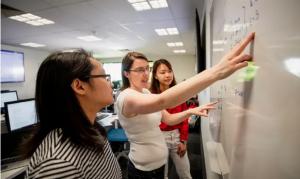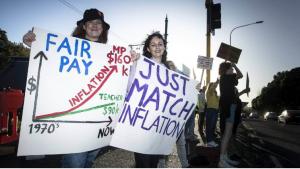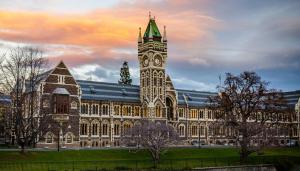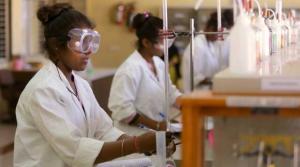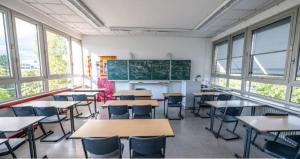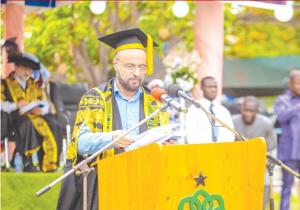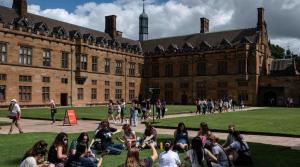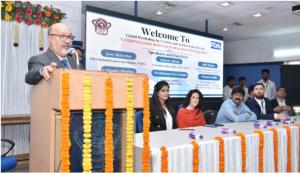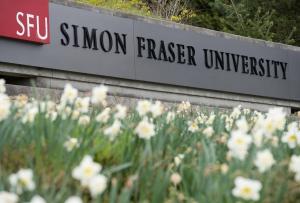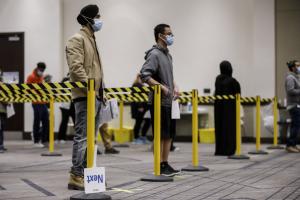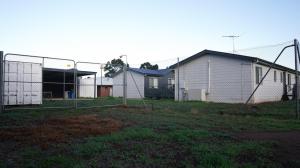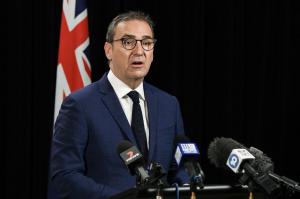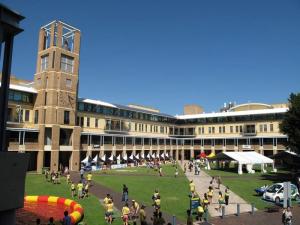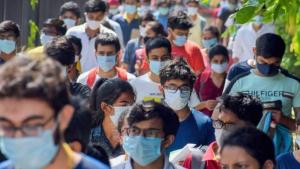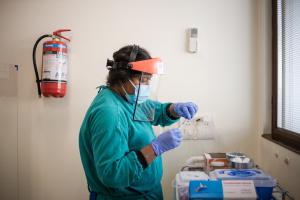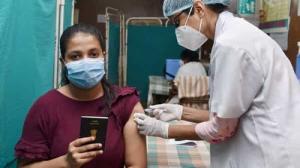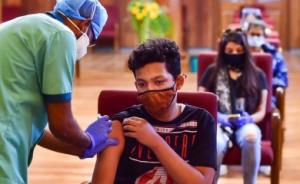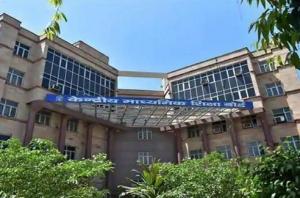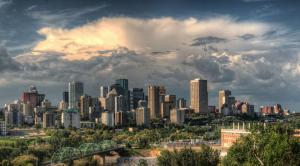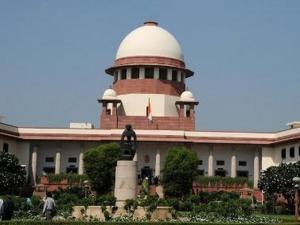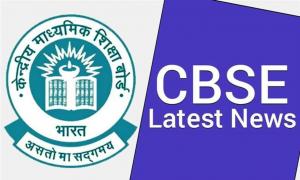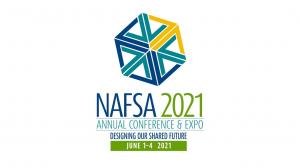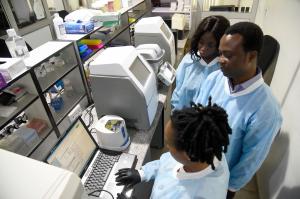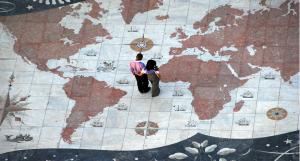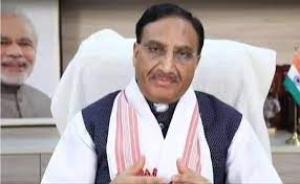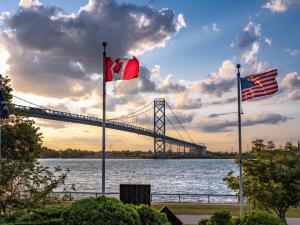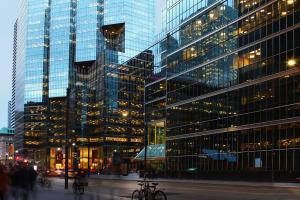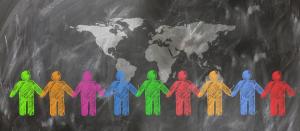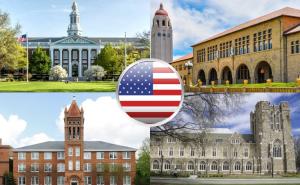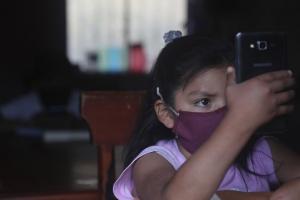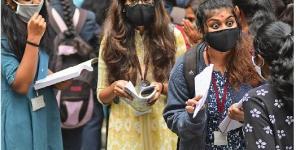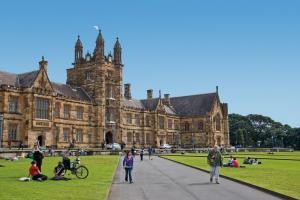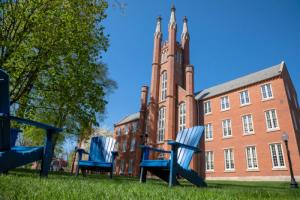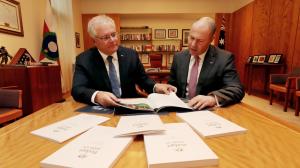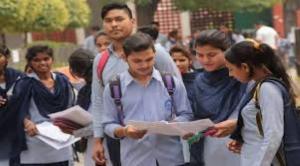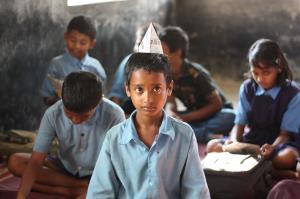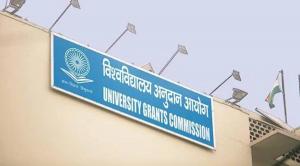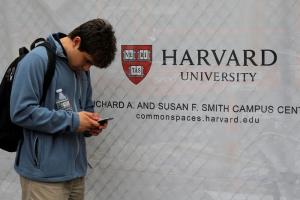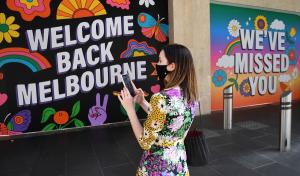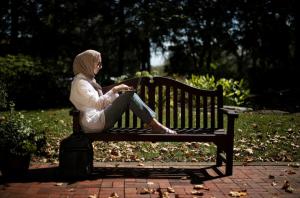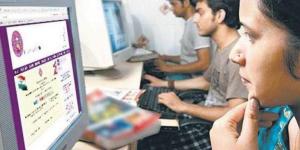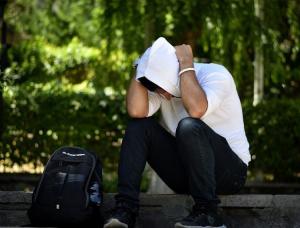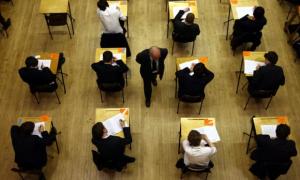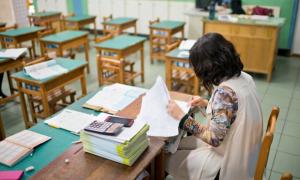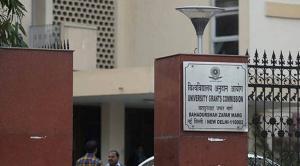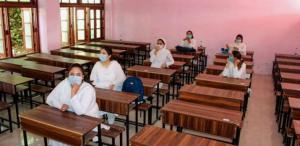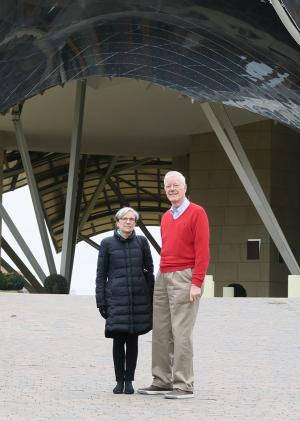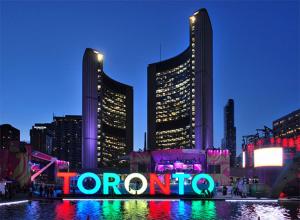The call for the reinsertion of the public good into higher education has grown louder in recent years. However, considerations of what it takes for higher education to contribute to the public good tend to focus on the financial costs that have to be covered through student fees, government subsidies and private donations.
Very little, if anything at all, is said about the role that academics play in higher education’s contribution to the public good – and what it costs them to play this role. Gaining insight into this extends and deepens our understanding of the other side of the story, which is about what goes into bringing about the public good in higher education.
Based on the findings of a study I conducted for my PhD on the role of academics in higher education’s contribution to the public good, in this article I draw attention to what I have termed ‘the costs of being a public good academic’.
Before diving into these costs, I must first address the idea of a ‘public good academic’.
By this, I am referring to academics who are driven by a commitment to the public good and are progressive, reflexive, critically conscious, and have an understanding of and a commitment to their civic responsibility to advance the public good agenda.
I must also acknowledge that this definition is somewhat biased towards a context like South Africa where, because of the history of colonialism and apartheid, the notion of the public good in higher education is strongly associated with the transformation imperative – redressing injustices. Several costs associated with being a public good academic were recounted by the academics I interviewed.
Relational costs
The first type of cost is relational in nature. Some of the academics suggested that there is a stigma associated with one’s commitment to social issues and that this commitment can lead to the loss of friendships and collegial relationships.
For example, one of the lecturers from a historically black university, whom I refer to as ‘Dr Getz’ to protect her identity, lost friends because of her solidarity with the #FeesMustFall movement.
During the time of the unprecedented ways of student protests against high fees and the colonial legacy on South African university campuses, Getz worked at a historically white university.
She says her support of and involvement in the #FeesMustFall movement ‘ripped apart’ many of her relationships with her then colleagues.
“So many of us lost friends and colleagues and projects because of how we stood with the student movements,” she recalled.
These may have negative psychological effects on academics, which is another type of cost.
Psychological costs
Most of the academics I interviewed commented on the psychological costs related to the aftermath of the #FeesMustFall protests, which took place from 2015 to 2018.
For example, as an activist academic who actively participated in the #FeesMustFall protests, Getz spoke about her horrific experience of witnessing police brutality and violence during the protests.
“I was really horrified, not only by the police brutality on campus, the escalation of the violence between students and police … I was really horrified by that …” she recalls.
There are also psychological effects related to workload as higher education massifies without a corresponding increase in academic staff and other resources.
Some academics I interviewed expressed concerns about the added burden of administrative work, providing social support to students, and the pressure that the university applies to publish or perish, as it is often called.
These factors expose academics to a high risk of various psychological problems, such as stress, fatigue and burnout.
These issues have been well documented in the literature, but not much has been said about the personal resources of academics.
Personal resources
Some academics in my study spoke about how it sometimes costs personal resources for academics to serve the public good in their roles as lecturers, supervisors, mentors and activists.
According to one interviewee, academics are hesitant to involve themselves in community engagement because it often requires them to commit much more than just themselves – to invest personal resources because there is often no institutional support for community engagement work.
For him, “reaching out [to the community beyond the university] means you don’t only have to give of yourself, but you also have to give of the resources you have available”.
One of the professors interviewed spoke about this in terms of helping students from disadvantaged backgrounds, using money from his own pocket to cover the costs of some of their basic needs.
“Students see me more as a father figure. They come here saying: ‘Daddy, I don’t have money. May I please have money? My parents are struggling’,” he said. This shows the extent to which some academics are willing to go to help the ‘public’ they serve – students, in this professor’s case.
Career-related costs
Some public good work that some academics do, such as challenging existing structures to bring about institutional transformation, equality, equity and non-discrimination, does not always get recognised.
Instead, it may give them a negative reputation in the university, which often disadvantages them in promotional processes. For example, one interviewee said that unconventional ways of sharing and distributing knowledge, such as writing articles for news outlets, do not always get recognised by the university.
Participants said that fighting for decolonisation, equity of access and success for students, and battling against racism on campus, the alienation of black students and staff and the under-representation of black academics could put one at a disadvantage when it comes to promotion and opportunities for career advancement.
Talking about the experiences of some academics in one of South Africa’s historically white universities, an interviewee said: “We all know how some lecturers were told to leave because they dared talk about notions such as transformation.”
She cited the case of a prominent professor who was forced out of the university because of his commitment to fight for decolonisation.
Identity contingencies
Due to the legacy of apartheid and colonialism in South Africa, there are challenges that academics face because of their social identities. I call these ‘identity contingencies’ – a term I borrow from Claude Steele (2010), an American social psychologist, which means situations that a person with a given social identity has to deal with in order to get what he or she wants.
The academics I interviewed mainly highlighted racial identity contingencies, and it was mainly academics of colour who raised these issues even though they are experienced by different groups.
As one interviewee (black) said: “There is a stigma attached to whiteness as there are stigmas attached to blackness …” Black academics who work at a historically white university spoke about racism and being alienated from the social, intellectual and political life of the university in different ways.
Another interviewee (white) recounted one such experience: “I walk around campus and I go to student meetings. Yeah, I’ve been chucked out before because I am not dark enough. That’s happened on the campus on three big occasions.”
In another example, an interviewee said: “The space is alien. I do not feel at home [at the historically white university where I am]. I don’t belong here. I’ve got to prove myself. Students who challenge me, they wouldn’t challenge white colleagues.” All these are issues he has had to deal with before he could do his work.
In this article, I have highlighted some of the costs – the relational, psychological, personal resources, career-related costs and identity contingencies – that academics incur in serving the public good as key role players in higher education.
All these examples of costs give us some insights into the other side of what it takes for academics to serve the public good in an unequal, divided and capitalist society. They suggest that, to be a public good academic at a university in South Africa, one must be willing to pay a price.
Dr Mthobisi Ndaba is currently a postdoctoral fellow with the South African Research Chair for Teaching and Learning at the University of Johannesburg, South Africa. His research interests include public good, education inequalities, access and success in higher education, and academic development. This commentary is based on the article, ‘The Other Side of the Story: The Costs of Being a Public Good Academic’, which was published in a special issue of the Journal of Higher Education in Africa.
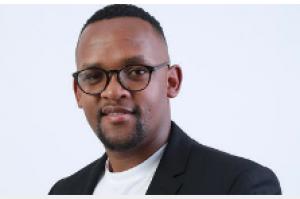
Source link: https://www.universityworldnews.com/post.php?story=202305161930510






